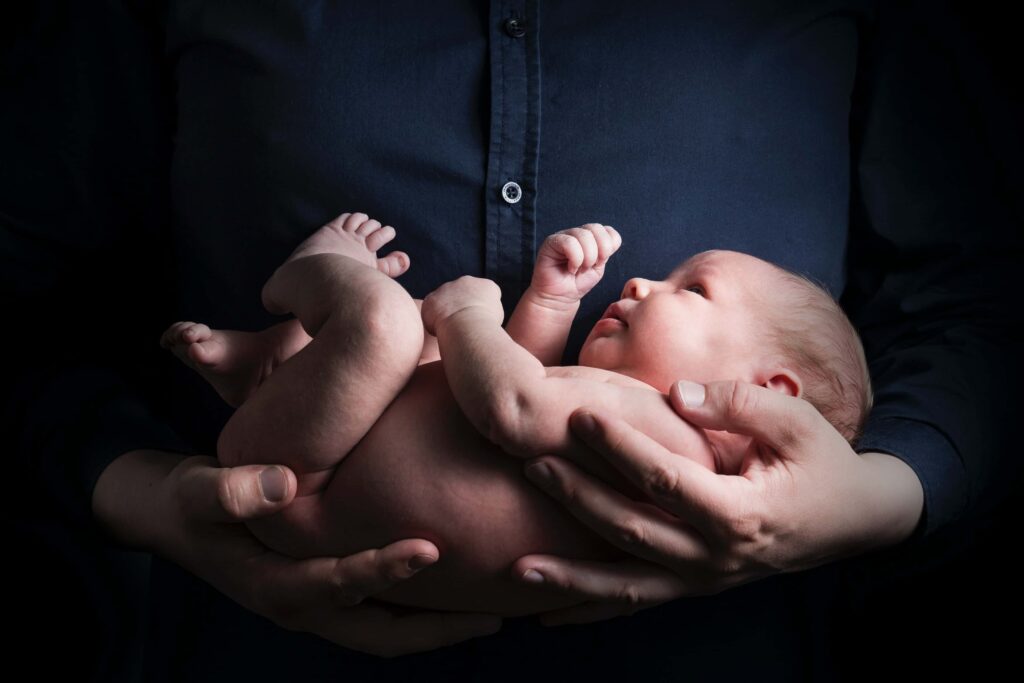In India, child adoption is governed by the Hindu Adoption and Maintenance Act of 1956, applicable to Hindus, Jains, Sikhs, and Buddhists. For Muslims, Christians, Parsis, and Jews, adoption laws vary based on personal laws. The Juvenile Justice (Care and Protection of Children) Act of 2015 is applicable to all, irrespective of religion, for non-relative adoption.
Prospective adoptive parents must be physically, mentally, and financially stable, and the minimum age difference between the child and the younger parent should be 21 years. Single individuals can adopt, while couples must be married for at least two years to adopt together.
In recent years, there has been a growing trend towards more streamlined and centralized adoption processes. Government agencies and NGOs are actively involved in facilitating the adoption process and ensuring the welfare of the children.

Child custody laws in India are primarily governed by personal laws based on religion. For Hindus, Buddhists, Jains, and Sikhs, the Hindu Minority and Guardianship Act of 1956 determines issues related to child custody. For Muslims, the Muslim Personal Law governs child custody matters.
In recent years, courts in India have been emphasizing the principle of the “best interests of the child” while deciding custody disputes. This principle takes into account the child’s emotional, educational, and overall well-being when determining custody arrangements.
Joint custody is becoming more accepted, allowing both parents to have a significant role in the upbringing of the child. Courts may also consider the child’s preference if they are old enough to express their wishes.
Mediation and alternative dispute resolution methods are encouraged to settle custody disputes amicably and avoid prolonged litigation.
It is important to note that each case is unique, and court decisions on child custody and adoption can vary based on individual circumstances, evidence presented, and the interpretation of relevant laws.
For the most current information on child adoption and child custody laws in India, it’s crucial to refer to the latest legal sources and consult with an experienced family law attorney.

Landmark and latest Judgment of Hon’ble Supreme Court India on Child Custody titled as “Rohith Thammana Gowda vs. State Of Karnataka & Ors” decided on 29.07.2022:
The case involved the question of custody of a child. The claim for custody of a minor child should be decided solely by looking into the question of, ‘what would be in the best interest of the child concerned. Certainly, the wish/desire of the child can be ascertained through interaction but then, the question of ‘what would be in the best interest of the child is a matter to be decided by the court taking into all the relevant circumstances. As per The Hon’ble Supreme Court, a consideration of the point of view of the welfare of the child would only support the order for the return of the child to his native country viz., the USA. The child is a naturalized American citizen with an American passport. He has been brought up in the social and cultural values of the USA and, therefore, accustomed to the lifestyle, language, customs, rules, and regulations of his native country viz., the USA. The Hon’ble Supreme Court observed that there needs to be a distinction between the desire of the child and what is best for the child. Given this, The Hon’ble Supreme Court allowed the appeal and issued various directions regarding custody and visitation rights.
This page is still under development. We are working hard to add more content and make it even more awesome.
This page is still under development. We are working hard to add more content and make it even more awesome.
This page is still under development. We are working hard to add more content and make it even more awesome.
This page is still under development. We are working hard to add more content and make it even more awesome.
This page is still under development. We are working hard to add more content and make it even more awesome.
WhatsApp us